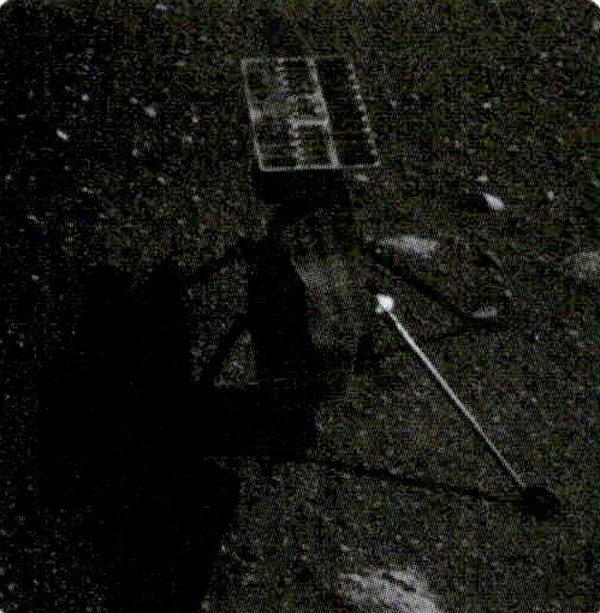NASA
刘承

NASA's Ingenuity Mars Helicopter is two days away from making humanity's first attempt at powered, controlled flight of an aircraft on another planet. If all proceeds as planned, the 4-pound rotorcraft is expected to take off from Mars' Jezero Crater Sunday, April 11, at 12:30 p.m. local Mars solar time (10:54 p.m. EDT, 7:54 p.m. PDT), hovering 10 feet (3 meters) above the surface for up to 30 seconds. Mission control specialists at NASA's Jet Propulsion Laboratory in Southern California expect to receive the first data from the first flight attempt the following morning at around 4:15 a.m. EDT (1:15 a.m. PDT). NASA TV will air live coverage of the team as they receive the data, with commentary beginning at 3:30 a.m. EDT (12:30 a.m. PDT).
“While Ingenuity carries no science instruments, the little helicopter is already making its presence felt across the world, as future leaders follow its progress toward an unprecedented first flight,” said Thomas Zurbuchen, associate administrator for science at NASA Headquarters. “We do tech demos like this to push the envelope of our experience and provide something on which the next missions and the next generation can build. Just as Ingenuity was inspired by the Wright brothers, future explorers will take off using both the data and inspiration from this mission.”
The Mars Helicopter is a high-risk, high-reward technology demonstration. If Ingenuity were to encounter difficulties during its 30-sol (Martian day) mission, it would not impact the science gathering of NASA's Perseverance Mars rover mission.
Flying in a controlled manner on Mars is far more difficult than flying on the Earth. Even though gravity on Mars is about one-third that of the Earth's, the helicopter must fly with the assistance of an atmosphere whose pressure at the surface is only 1% that of Earth. If successful, engineers will gain invaluable in-flight data at Mars for comparison to the modeling, simulations, and tests performed back here on the Earth. NASA also will gain its first hands-on experience operating a rotorcraft remotely at Mars. These data sets will be invaluable for potential future Mars missions that could enlist next-generation helicopters to add an aerial dimension to their explorations.
“From day one of this project our team has had to overcome a wide array of seemingly insurmountable① technical challenges,” said MiMi Aung, Ingenuity project manager at JPL. “And here we are—safely on Mars—on the eve of our first flight attempt. We got this far with a never-say-die attitude, a lot of friends from many different technical disciplines, and an agency that likes to turn far-out ideas into reality.”
注: ① insurmountable 不可逾越的

